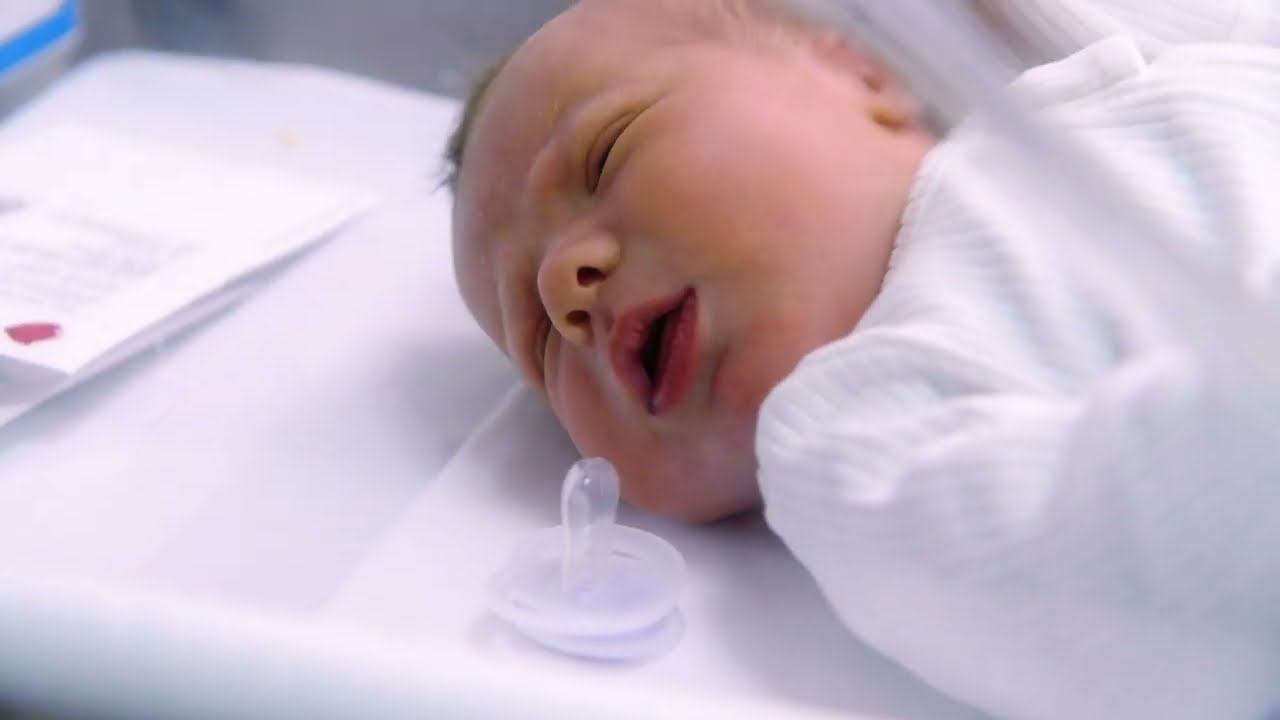Neonatal Thermoregulation Testing in Veterinary Neonatology
In veterinary neonatology, thermoregulation plays a critical role in the survival and development of newborn animals. Proper temperature regulation is essential for maintaining metabolic function, cardiovascular stability, and overall health. This service focuses on neonatal thermoregulation testing, which involves assessing whether a neonate’s body temperature falls within the optimal range necessary for its species-specific physiological needs.
Thermoregulation in newborn animals can be particularly challenging due to their small size, high metabolic rate, and limited ability to generate heat. This makes accurate monitoring crucial during critical periods such as birth and early postnatal days. Our testing protocol ensures precise evaluation of the neonate's thermal status using advanced technology that mimics the conditions found in a mother’s womb or incubator.
The primary goal of this service is to identify any potential issues with thermoregulation early on, which can prevent complications such as hypothermia and hyperthermia. Hypothermia is especially dangerous for newborns as it can lead to significant physiological stress, while hyperthermia may also cause damage if not managed properly.
For accurate assessment of neonatal thermoregulation, our laboratory employs state-of-the-art equipment capable of measuring core body temperatures with high precision. These devices are calibrated according to international standards and undergo regular maintenance to ensure consistent results. The testing process includes monitoring the temperature at multiple points over time, comparing these readings against established benchmarks for each species.
Our team of experts understands the unique requirements of different types of neonates—from small rodents like mice and rats to larger animals such as puppies or kittens—and tailors their approach accordingly. By providing reliable data on thermoregulation status early in life, we help veterinarians make informed decisions regarding care practices that promote optimal growth and development.
Understanding the importance of accurate monitoring extends beyond just identifying abnormalities; it also allows us to establish baseline norms specific to each individual animal based on factors such as breed characteristics or genetic predispositions towards certain conditions. This information is invaluable when developing treatment plans aimed at correcting any identified deficiencies in thermoregulation.
Why It Matters
The significance of neonatal thermoregulation cannot be overstated, especially considering that improper temperature control can have profound impacts on an animal’s health and welfare throughout its lifetime. Proper thermal regulation is vital for maintaining essential physiological processes like digestion, respiration, and immune response.
For instance, hypothermia has been shown to impair the ability of newborns to effectively utilize nutrients from their diet, leading to stunted growth rates and increased susceptibility to infections. Conversely, hyperthermia can cause cellular damage due to excessive heat stress on tissues and organs.
In addition to immediate health risks, long-term consequences of poor thermoregulation include reduced fertility rates in adult animals and higher mortality rates among juveniles. Therefore, it is imperative that neonates receive regular evaluations of their thermal status during early life stages when they are most vulnerable.
Accurate testing provides valuable insights into an animal’s metabolic capabilities and helps identify potential areas where intervention might be necessary to support healthy development. This knowledge is particularly beneficial for breeders who wish to optimize breeding programs by ensuring that only robust offspring are produced, thereby reducing the incidence of inherited diseases associated with compromised thermoregulatory systems.
Scope and Methodology
| Parameter | Description | Method |
|---|---|---|
| Core Body Temperature Measurement | Determination of the internal temperature of the neonate. | Infrared thermometry or rectal probes calibrated according to ISO 8069-1:2017 |
| Environmental Conditions Monitoring | Recording ambient temperatures around the incubator or restraint chamber used for testing. | Air temperature sensors placed at various heights within the enclosure. |
| Baseline Establishment | Determination of normal ranges for core body temperature based on species-specific data. | Analysis of historical records and literature reviews adhering to ASTM F2584-13 standards. |
| Comparison Against Benchmarks | Evaluation of the neonate’s current temperature against established norms. | Statistical analysis comparing measured values with reference intervals derived from published studies. |
The scope encompasses a comprehensive suite of tests designed to evaluate various aspects influencing thermoregulation. These include core body temperature measurement, environmental condition monitoring, baseline establishment, and comparison against benchmarks. Each step adheres strictly to internationally recognized guidelines ensuring accurate interpretation of results.
Our laboratory uses advanced infrared thermometers calibrated according to ISO 8069-1:2017 for precise core body temperature readings. Additionally, air temperature sensors are strategically placed around the incubator or restraint chamber to provide an accurate representation of environmental conditions affecting heat exchange between the neonate and its surroundings.
Benchmarking is achieved through rigorous statistical analyses comparing individual measurements with reference intervals obtained from peer-reviewed literature and expert consensus documents such as ASTM F2584-13. This ensures that any deviations identified are meaningful rather than due to measurement error or variability inherent in biological systems.
Eurolab Advantages
At Eurolab, we pride ourselves on offering unparalleled expertise and cutting-edge technology dedicated solely to neonatal thermoregulation testing. Our team comprises highly skilled professionals with extensive experience in both laboratory practices and clinical applications related to veterinary medicine.
We employ only the most advanced equipment calibrated according to international standards, ensuring consistent accuracy across all tests performed. Regular calibration checks and maintenance schedules further enhance reliability by minimizing potential sources of error.
Our commitment extends beyond mere compliance with industry norms; we strive to exceed expectations by delivering timely reports accompanied by detailed interpretations tailored specifically for each client’s unique situation. Whether you are a breeder seeking insights into improving your breeding program or a veterinarian looking for guidance on managing neonatal care, Eurolab is here to support you every step of the way.
Moreover, our flexible approach allows us to accommodate diverse needs ranging from routine screenings to complex diagnostic evaluations. By leveraging our comprehensive understanding of neonatology and thermoregulation science, we can help clients achieve their objectives efficiently and effectively.





